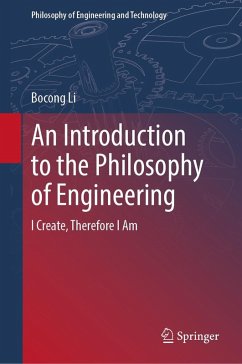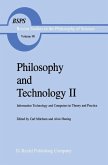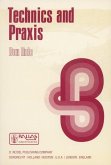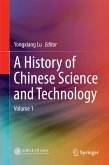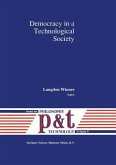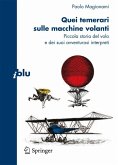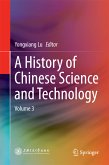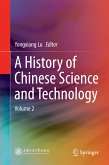This book is the first academic work on the philosophy of engineering in China that reflects two decades of research. It puts forward a new thesis, namely that the core maxim in the philosophy of engineering is "I create, therefore I am," which is radically different from the Cartesian maxim: "I think, therefore I am." In addition, the book offers the first detailed portrait of the roots and evolution of the philosophy of engineering in China.
The book begins by discussing the triptych thesis of science, technology and engineering, which argues that there are a number of important distinctions between the three, e.g. scientific activities are chiefly based on discovery, while technological activities center on invention, and engineering activities focus on creation. Considering the latest developments in the philosophy of engineering, the author also analyzes engineering communities, engineering practice and a micro-meso-macro framework. In subsequent chapters, the author separately analyzes the three stages of engineering activities: planning, operating and using artifacts. In the closing chapter, two views on the philosophy of engineering (as a new subdiscipline of philosophy and as a philosophy in its own right) are briefly explained.
The book begins by discussing the triptych thesis of science, technology and engineering, which argues that there are a number of important distinctions between the three, e.g. scientific activities are chiefly based on discovery, while technological activities center on invention, and engineering activities focus on creation. Considering the latest developments in the philosophy of engineering, the author also analyzes engineering communities, engineering practice and a micro-meso-macro framework. In subsequent chapters, the author separately analyzes the three stages of engineering activities: planning, operating and using artifacts. In the closing chapter, two views on the philosophy of engineering (as a new subdiscipline of philosophy and as a philosophy in its own right) are briefly explained.
Dieser Download kann aus rechtlichen Gründen nur mit Rechnungsadresse in A, B, BG, CY, CZ, D, DK, EW, E, FIN, F, GR, HR, H, IRL, I, LT, L, LR, M, NL, PL, P, R, S, SLO, SK ausgeliefert werden.

